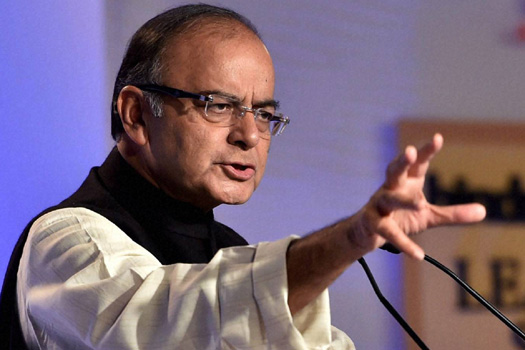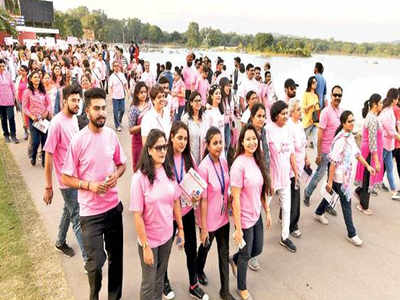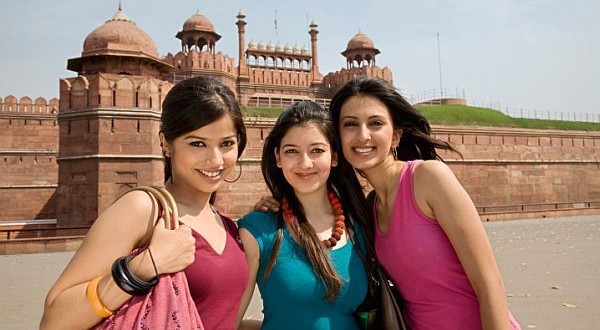HYDERABAD|HL
The Modi government seems to have decided to bring in an ordinance, if necessary, to set aside the Supreme Court’s recent verdict on the National Eligibility-cum-Entrance Test (NEET)-2016, in order to defer implementation of the same by a year.
Union Health Minister J P Nadda held a meeting with health ministers and officials of various states here on Monday to discuss the apex court’s May 9 judgment which makes NEET for admission to medical courses across the country mandatory. The first phase of NEET has already been conducted and the second is due to be held on July 27. Several states have sought at least one more year to adapt to the new format.
Against this backdrop, the Centre is learnt to have decided to approach the SC again to convince it to postpone NEET for a year. If the court rejects its request, the government might issue an ordinance to defer the exam, sources told Express. Finance Minister Arun Jaitley referred to protests by many states over the SC’s decision and asserted, “What should be the manner of holding the examination across the country is essentially an executive matter as it is in policy domain… It is the case of some of the states that boards are unequal, their languages are dissimilar. Can those who are dissimilar in language and unequal be placed on the pedestal of quality and asked to give the same exam? I think this matter is essentially in the executive domain. We now have a Supreme Court judgment. We will have to see how we deal with the issue,” he said. AP Health Minister Kamineni Srinivas said both AP and Telangana had urged the Centre to give one year for the students of the sibling states to take NEET.
Andhra Pradesh health minister Kamineni Srinivas and Telangana principal secretary (health) Rajeshwar Tiwari represented the two Telugu-speaking states at the meeting held in Delhi by Union health minister JP Nadda on Monday to discuss the conduct of countrywide common NEET for admissions to medical colleges.
Talking to reporters in Delhi later, Srinivas said Andhra Pradesh and Telangana had formally urged the Centre to give two years’ time to the students of the two states to appear for NEET.
“Telugu-speaking students, who opt for writing NEET in their mother tongue, will face difficulties in writing the exam as CBSE books are not available in the Telugu language. There is a lot of difference between the state syllabus and CBSE curriculum,” the AP minister said. According to him, many States had raised concern over the NEET’s feasibility for students, who prepared for their respective state-level exam based on their state syllabus.
“Many participants in the meeting felt that language barrier may put students from non-Hindi speaking states at a disadvantageous position as the test is conducted only in Hindi and English. Hence, majority States requested the Centre to defer the exam till next academic year,” Srinivas added.
Language, the barrier
Telugu-speaking students might face difficulties in writing the exam as CBSe books are not available in telugu language










